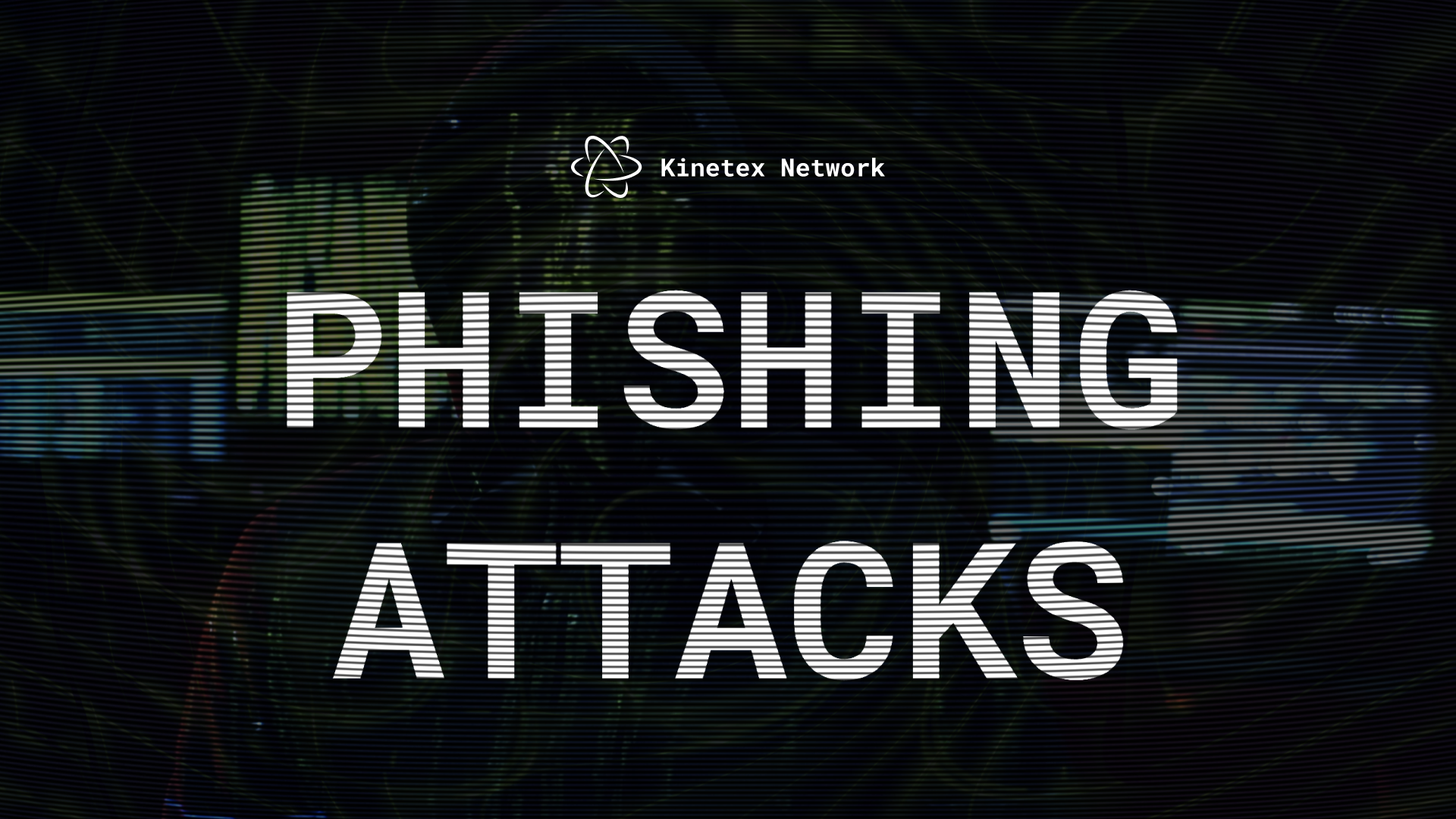Dubai, UAE, 10th June 2024, In the rapidly changing DeFi world, there are multiple persistent risks to user security, with the continuous popularization of phishing attacks being a major worry for crypto holders. Despite being a relatively non-technical form of attack, its consequences can be severe for those affected. Let’s delve into the characteristics of such attacks, how they typically occur, and what precautionary measures crypto users can implement to protect themselves from these fraudulent activities.

Comprehending Phishing
Phishing attacks occur when bad actors pretend to be legitimate entities to deceive crypto users into sharing their personal or sensitive information. These attacks usually rely on trustworthy-looking fake websites, smartly crafted deceitful emails, or messages on social media, making it difficult for users to tell the difference between genuine and harmful interactions.
The consequences of phishing attacks on the crypto community can be significant and extensive. By deceiving users into revealing their login details, private keys, or seed phrases, which must not be shared with anyone, perpetrators are able to gain unauthorized entry to their crypto wallets and steal their funds. In addition to causing financial harm, such attacks can seriously sabotage trust and confidence in crypto platforms’ security in general, damaging their reputations and business profits.
Therefore, it is essential for the security of all crypto holders, particularly beginners, to always verify the sender’s identity and be cautious when interacting with any links. Be vigilant for signs of suspicious activity, such as misspelled domain names, unfamiliar email addresses, or unsolicited communication.
Common Types
There are various common types of phishing attacks. The first one is a spear attack, a targeted attempt on a specific individual or organization. The attacker has some initial information about the target and uses it to personalize the phishing email, making it look genuine. Some discern a subtype of the spear attack – the whaling attack, which targets influential individuals specifically. The whaling attack poses a significant threat as it often impacts not one individual but the whole company and its users.
The second prevalent type is the clone attack, where the perpetrator duplicates a legitimate email received by cryptocurrency owners but replaces the original attachment or link with a malicious one. Because the email appears identical to a previous one, victims are more likely to consider it an accidental double email and interact with it, clicking on the link or sharing their information.
Thirdly, there is the pharming attack that involves redirecting a victim to a fake website even when they enter the correct URL. It is typically achieved by infiltrating DNS servers responsible for translating URLs into IP addresses with malicious code. The code then redirects victims to the attacker’s website when they try to access a legitimate one. Pharming attacks are highly damaging as they can be tricky to detect.
The fourth type of attack is the evil twin phishing, which targets public Wi-Fi networks. Attackers create a fake Wi-Fi network with the same name as a real one. When individuals connect to this network, they are prompted to enter their login details, which the phishers can exploit to access their accounts.
The fifth common type of phishing is ice phishing, in which the attacker sends the victim a fake transaction that appears to be from a real source. The transaction prompts the victim to sign it with their private key, and if they comply, they unintentionally surrender control of their tokens to the attacker.
Last but not least is a ransomware attack. The attacker encrypts the victim’s files and demands payment for decryption. The malicious software is distributed through phishing emails, harmful websites, or fraudulent browser extensions, automatically encrypting the files and displaying a ransom note on the screen afterward.
Common Tools
Phishing attacks are evolving, becoming more advanced and increasingly more challenging to recognize. Nowadays, phishing is often combined with crypto drainers, which are designed to siphon cryptocurrency from victims’ wallets without their knowledge. These drainers are actively promoted on the internet and can be purchased by scammers, making it easier for inexperienced attackers to conduct phishing attacks. Phishing bots exist to automate various aspects of phishing attacks, including sending mass phishing emails, creating fake websites, and hosting those sites on servers. These bots can also automatically gather victims’ login data and other crucial information.
Another common tool used in phishing is fake browser extensions, which are harmful plugins that mimic authentic ones and are used to steal sensitive data such as login details and credit card information. Additionally, these extensions can redirect victims to fake websites, introduce malware into their devices, or display unwanted ads. They are often distributed through phishing emails or malicious websites and can be difficult to remove once installed.
Conclusion
When it comes to crypto attacks, phishing is a powerful and ever-changing risk to the security of the crypto ecosystem, threatening both users and projects. By understanding the tactics used by attackers and putting in place preventive security measures, individuals can protect themselves and their assets from such misleading activities.
Kinetex Network: Website | Kinetex dApp | Blog
Information contained on this page is provided by an independent third-party content provider. Binary News Network and this Site make no warranties or representations in connection therewith. If you are affiliated with this page and would like it removed please contact contact@binarynewsnetwork.com

